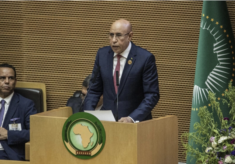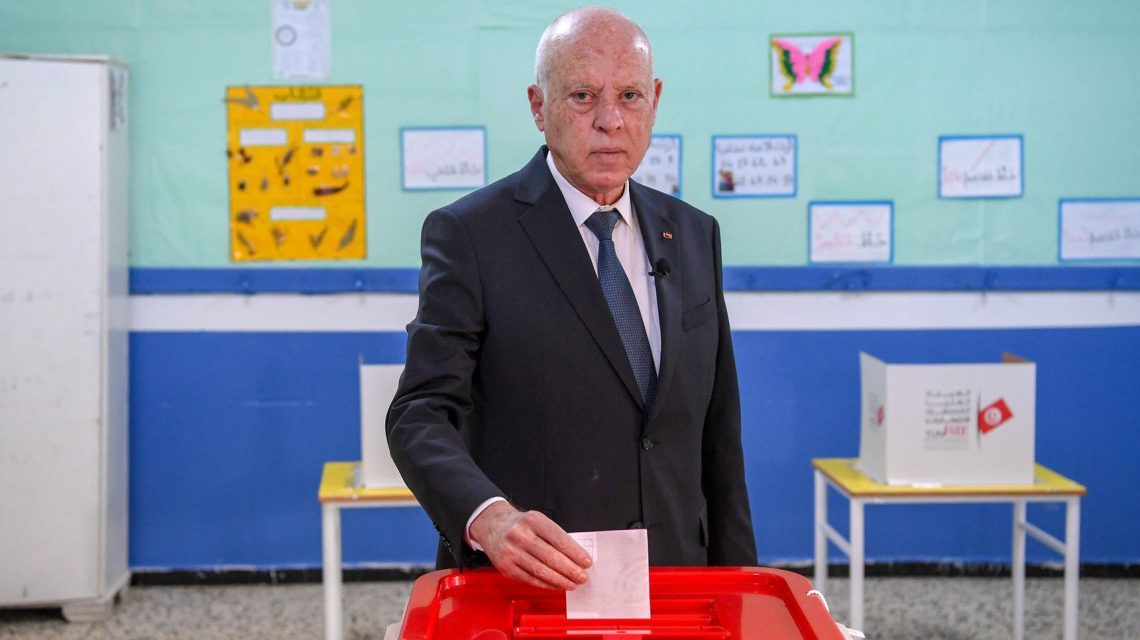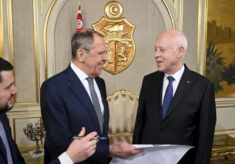On the 17th of December 2011 Mohammed Bouazizi set himself on fire in the remote town of Sidi Bouazid, unknowingly triggering a chain of events that eventually led to the Jasmine Revolution and the end of President Zine el-Abidine Ben Ali’s autocratic rule in Tunisia. Exactly 11 years later, a new President was expected to cement his rule, implicitly reaffirming his solid grip over a country shaken to the core by the series of unfortunate events that, since his election in 2019, have irremediably reversed the democratic gains of the so-called Arab Spring. Indeed, on 17 December 2022 Tunisians were once again called to the ballot boxes for snap general elections after the dissolution of the parliament by presidential decree in late March.
The last step of the roadmap outlined by President Kais Saied at the end of last year, the elections for the Assemblée des Représentants du Peuple (ARP) took place on the new Revolution Day, previously set on 14 January (date in which late Ben Ali fled the country) but recently changed due to Saied’s objections. Widely boycotted by Tunisian political parties, they resulted in a meagre 11,8% turnout according to the data published by the Instance Supérieure Indépendante pour les Élections (ISIE, the electoral authority), very far from the plebiscite expected by the presidential circles and even lower compared to the referendum on the new constitution held on 25 July 2022, when 30,5% of Tunisians showed up to vote.
The result was a clear setback for Saied, to the point where there are further concerns about the electoral turnout in the second round, set for the 29th of January 2023. Changes to the electoral law favouring independent candidates and reducing the role of political parties, may have contributed to the results, but the growing apathy of the Tunisian electorate and fatalism over a future rubber-stamp parliament certainly played a crucial role. Under the new hyper-presidential constitution tailor-made for Saied, the powers of the new parliament (which also includes a National Council of Regions and District yet to be established) have significantly diminished to the point where the parliament is unable to remove a sitting President and needs a two thirds majority to force the resignation of the government.
Exhausted by years of political turmoil and increasing economic hardships, Tunisian people have shown little to no interest in these matters that are keeping the presidential office very busy but increasingly detached from reality.
The COVID-19 pandemic first and the food crisis associated with the war in Ukraine later have displayed in full the vulnerabilities of Tunisia’s economy to external shocks, warranting the intervention of the International Monetary Fund (IMF) for financial assistance. Nevertheless, the US$1,9 billion loan agreed in October still awaits final approval and requires drastic reforms vehemently opposed by the Union Générale Tunisienne du Travail (UGTT), which is now becoming increasingly critical of the President’s record.
Antagonising the powerful trade union would likely represent a step too far for a weakened Saied, who, after completing a controversial institutional overhaul, is now expected to deliver fast, containing and possibly reversing the cost-of-living crisis. Without addressing this fundamental challenge, deteriorating socio-economic conditions may further undermine the President’s rule and legitimacy at a critical time for a country that has witnessed significant political changes in recent months, but still awaits an economic reform programme that would help it navigate these very uncertain times.






















